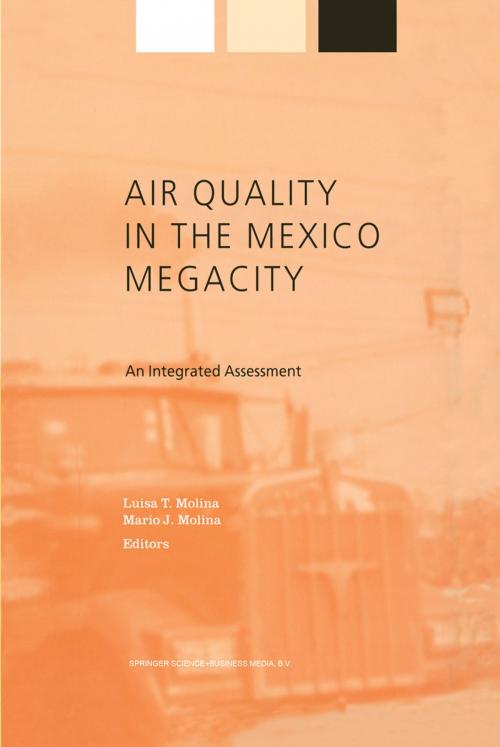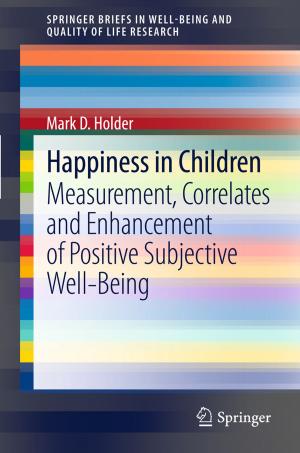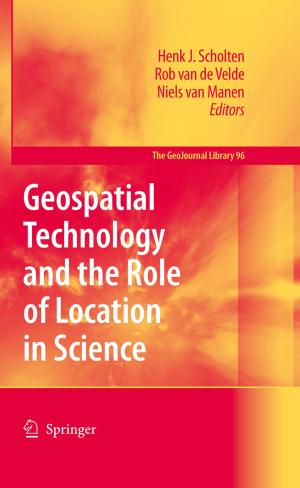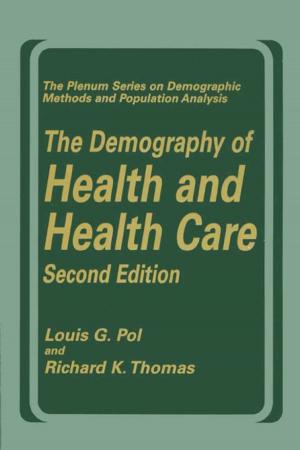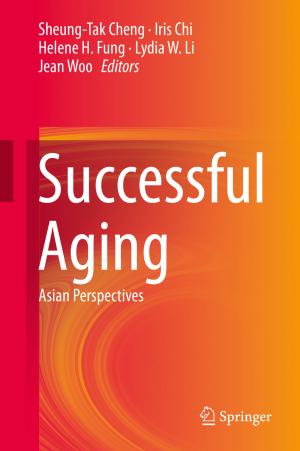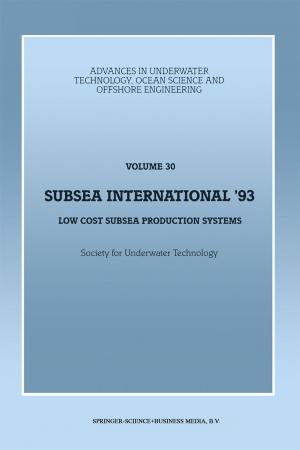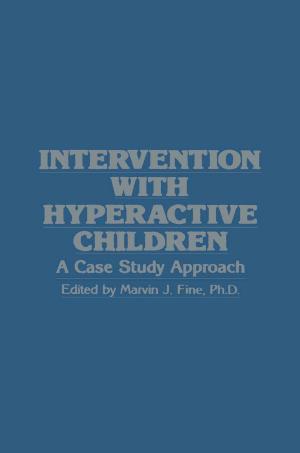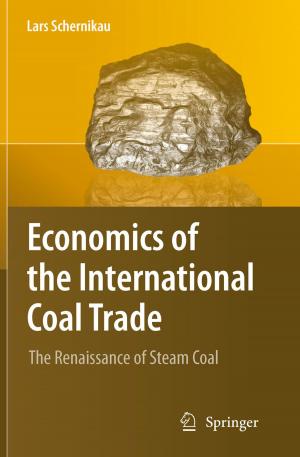Air Quality in the Mexico Megacity
An Integrated Assessment
Nonfiction, Science & Nature, Technology, Environmental, Science, Biological Sciences, Environmental Science, Nature| Author: | ISBN: | 9789401004541 | |
| Publisher: | Springer Netherlands | Publication: | December 6, 2012 |
| Imprint: | Springer | Language: | English |
| Author: | |
| ISBN: | 9789401004541 |
| Publisher: | Springer Netherlands |
| Publication: | December 6, 2012 |
| Imprint: | Springer |
| Language: | English |
In this book, experts in atmospheric sciences, human health, economics, social and political sciences contribute to an integrated assessment of the complex elements needed to structure air quality policy in the 21st century. The analysis is developed through a case study of the Mexico City Metropolitan Area - one of the world's largest megacities in which air pollution grew unchecked for decades. The international research team is led by Luisa T. and Mario J. Molina, Nobel Laureate in Chemistry. Improvements in Mexico City's air quality in the last decade testifies to the power of determined and enlightened policy making, and throws into relief the tough problems that remain to be solved.
The volume's first six chapters, including the contributions of over 50 distinguished scholars from Mexico and the US, outline the fundamental areas of knowledge policy makers must accommodate. The message is that only good science and well-chosen technologies can direct the way to corrective regulatory measures; but without strong commitment from government, no amount of science or technology can help.
In this book, experts in atmospheric sciences, human health, economics, social and political sciences contribute to an integrated assessment of the complex elements needed to structure air quality policy in the 21st century. The analysis is developed through a case study of the Mexico City Metropolitan Area - one of the world's largest megacities in which air pollution grew unchecked for decades. The international research team is led by Luisa T. and Mario J. Molina, Nobel Laureate in Chemistry. Improvements in Mexico City's air quality in the last decade testifies to the power of determined and enlightened policy making, and throws into relief the tough problems that remain to be solved.
The volume's first six chapters, including the contributions of over 50 distinguished scholars from Mexico and the US, outline the fundamental areas of knowledge policy makers must accommodate. The message is that only good science and well-chosen technologies can direct the way to corrective regulatory measures; but without strong commitment from government, no amount of science or technology can help.
